Season 3
Restoring Soil Vitality
Episode 1: Day One
Joe Scrimger –
Bio-Systems II
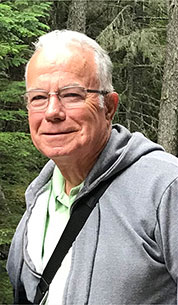
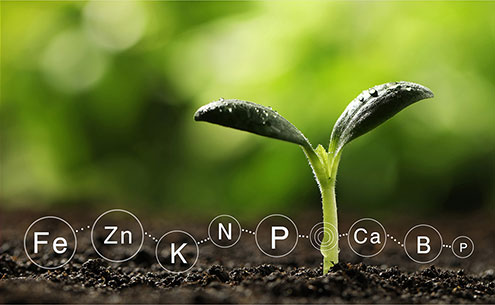
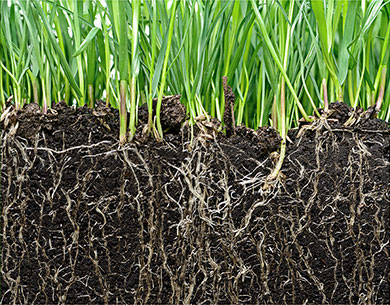
The Move to Healthier Operations
In this two-podcast series, longtime Michigan farmer and farm consultant Joe Scrimger describes how to: improve crop health and quality, reduce inputs and save money and build soil and limit nutrient runoff.
The transition doesn’t happen all at once, but farms can continue making money as they shift to healthier operations and come out ahead.
Good news is, practices that are better for the farm, the farmer and the community it feeds are also better for the environment.
Part 1 Listen
Nitrogen, Water, and the Farm | Length: 6:44
Connecting the dots between nitrogen use on the farm, soil health and water quality.
Part 2 Listen
Nitrogen Management for Soil Biology | Length: 8:26
How different ways of supplying nitrogen affect the soil biology your crops depend on.
Part 3 Listen
The Risks of Damaging Soil Life | Length: 8:48
Anything that damages soil biology will stress crop plants and put the farm at risk
Part 4 Listen
Low-Till, Biologically-Informed Erosion Control | Length: 12:45
Soil life holds the soil together. Well-functioning, minimally tilled soils will produce good crops, resist erosion and runoff, and withstand adverse weather events.
Part 5 Listen
Balancing Soil Biology for Crop Health | Length: 13:41
How strategic crop rotation and cover-cropping enhance the bacterial/fungal balance in the soil. This jumpstarts the phosphorous system, resulting in improved uptake of other important minerals.
Part 6 Listen
Soil Building for Hydration, Crops and Nutrition | Length: 16:01
Healthy soil helps farmers maintain optimal hydration, cutting both irrigation and drainage costs while producing healthy food and feed.
Episode 1: Day Two
Joe Scrimger –
Bio-Systems II
Part 7 Listen
Better Crop Health with Reduced Fertilizer Inputs | Length: 13:09
How to meet crop needs for nitrogen and move toward a more balanced, biological approach.
Part 8 Listen
Evolving Perspectives on Microbes | Length: 4:57
A healthy population of beneficial soil microbes is the long-term solution to preventing crop diseases caused by unfriendly bacteria and fungi.
Part 9 Listen
Soil Life and Soil Structure | Length: 13:10
Building soil life and organic matter will help croplands efficiently absorb rainfall and reduce nutrient runoff.
Part 10 Listen
Benefits of Compost and Compost Tea | Length: 3:56
You can stretch the benefits of compost by using compost teas for better residue management and improved pest and disease resistance.
Part 11 Listen
Crop Rotation and Cover Cropping | Length: 16:05
Cover cropping and diverse crop rotations bring soils into better balance for improved crop health and quality.
Part 12 Listen
Growing in a Healthy Direction | Length: 9:01
Better farms, healthier food and cleaner waterways are achievable goals, and farmers will make money pursuing them.
About Joe Scrimger
Joe Scrimger is a longtime farmer and Ag consultant with decades of experience helping farmers strengthen their operations through organic and biologically informed practices. Joe and his wife Kay Scrimger purchased a 160-acre farm in 1972 and began transitioning to organic the following year, eventually expanding to 198 acres and renting another 300 acres. A few years later, Joe launched Bio-Systems, an agricultural consulting and soil testing business that served farms across Michigan and Southwest Ontario for 38 years. more
Organic Apples – Mindset and Methods
Episode 2:
Jim Koan –
Almar
Orchards
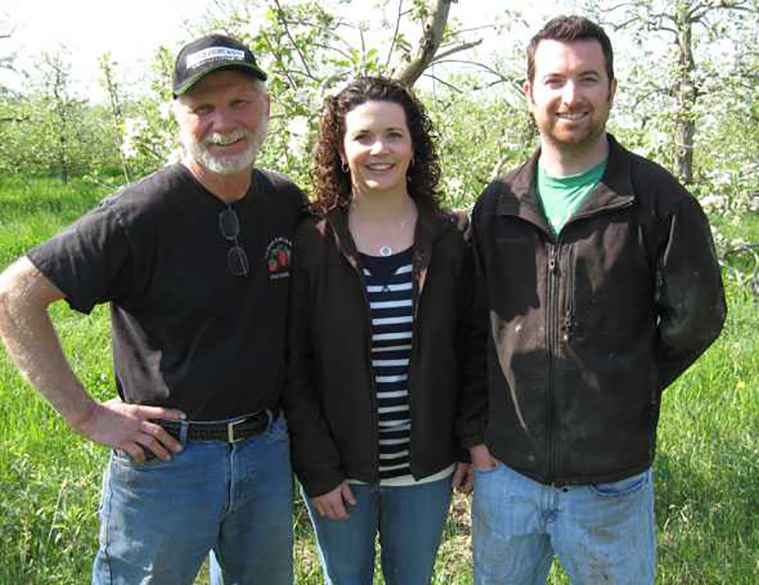
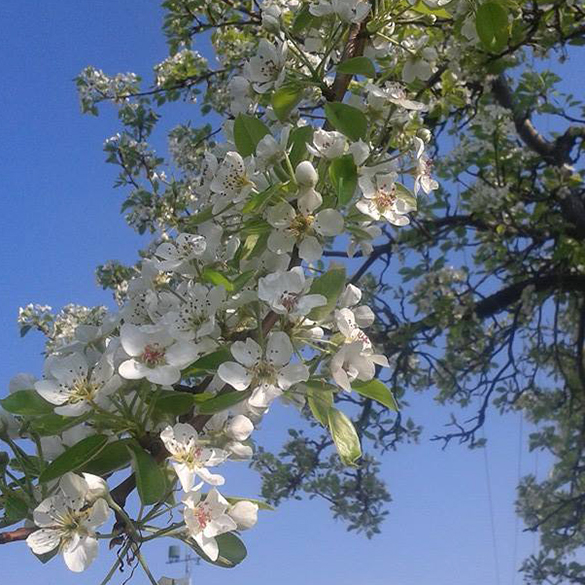
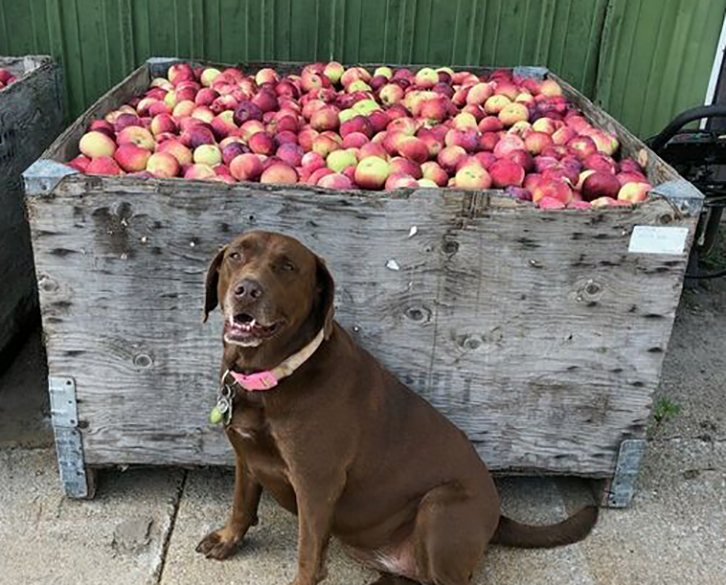
Working with Mother Nature
Finding success as an organic apple producer requires a willingness to continually evolve your thought processes, cultivation strategies and business models. Longtime Michigan organic apple grower Jim Koan outlines some of the biggest lessons he’s learned since transitioning his family orchard to organic production in the 1980s.
Part 1 Listen
Reasons for Going Organic | Length: 7:42
Why go organic? For Michigan apple producer Jim Koan, it’s mainly about the health of his family and customers.
Part 2 Listen
The Organic Apple Learning Curve | Length: 9:29
Close observation and ongoing experimentation are both needed when working with the natural systems that sustain an organic apple orchard.
Part 3 Listen
Principles of Integrated Pest Management (IPM) | Length: 9:34
A key framework for pest control in organic apple orchards.
Part 4 Listen
Plans A, B and C | Length: 4:20
Long-range thinking is essential in organic production of perennial crops like apples.
Part 5 Listen
Observations on Going Organic | Length: 1:54
The mindset shifts needed to succeed with organic apples.
Part 6 Listen
Snow Apples – Evaluating an Apple Variety | Length: 8:25
Brought to the Great Lakes Region by early French settlers, Snow Apples provide an example of how Jim assesses the usefulness an apple variety.
Part 7 Listen
Peaches and Brown Rot | Length: 1:53
Peaches didn’t make the cut in Almar’s initial transition to organic production in the 1980s.
Part 8 Listen
A Pioneering Mindset | Length: 4:25
Successful organic production requires a first-generation attitude: Assess the risks, set a course, persevere, and always be willing to learn.
Part 9 Listen
Hungarian Bacon Fry | Length: 1:26
Jim Koan recounts the traditional Hungarian bacon fry recipe he learned from his mother.
About Jim Koan
Jim Koan was born into a family that had been growing apples in Michigan’s Genesee County since the mid-1800s. After completing degree programs in psychology and education at The University of Michigan and beginning a career teaching, Jim and his wife Karen – also an educator – continued working on the farm during their off hours to supplement their income.
In 1978, Jim and Karen left their teaching careers to help run the orchard, with Jim ultimately becoming a full partner and then owner of the family’s conventionally managed operation, Almar Orchards. more
Food as Medicine
Episode 3:
Sally Witkowski –
Cross W Ranch
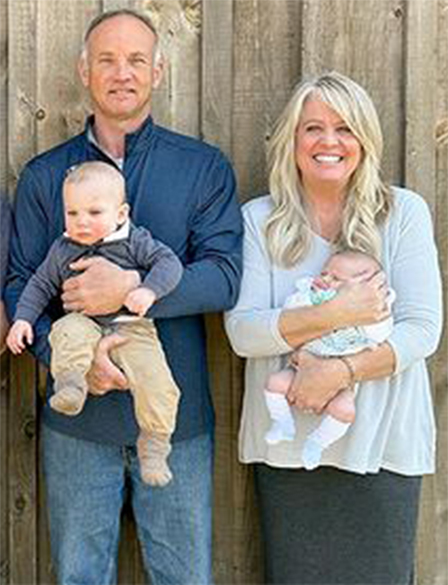
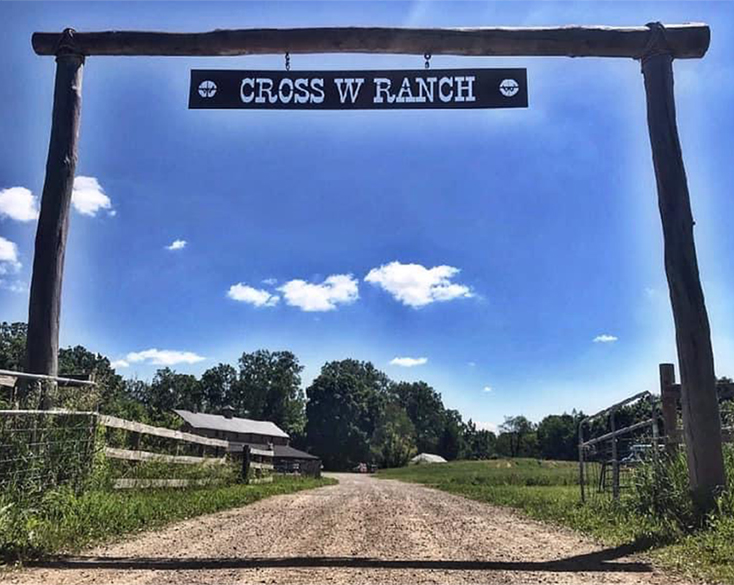
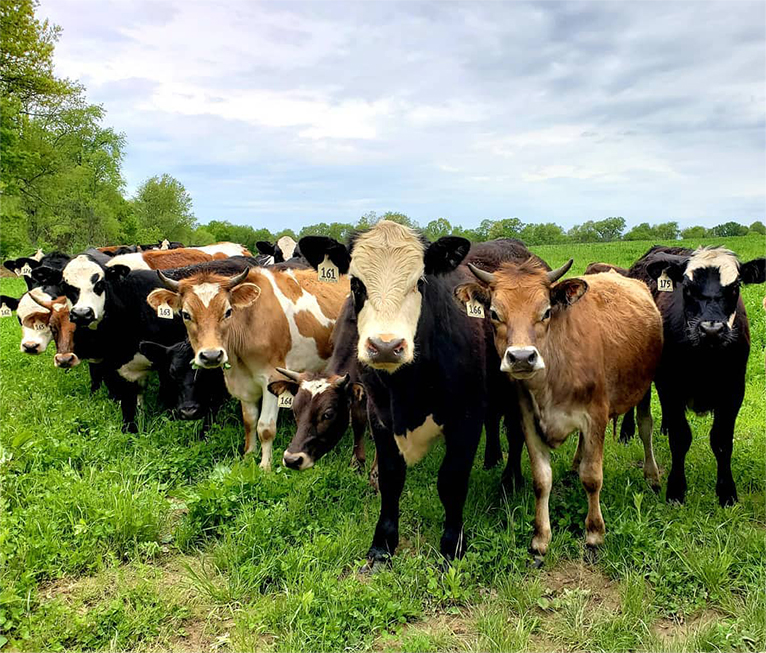
A Ranch on a Mission
Rancher Sally Witkowski describes how she and her husband Jim Witkowski got their entire family into grass-fed, grass-finished organic cattle ranching. Includes a look at regenerative practices, humane animal care, revenue streams, market trends, and the importance of a mission-driven mindset.
Part 1 Listen
Powerful Motivations | Length: 7:42
What’s it take to go from 0-60 in cattle ranching, coming from a non-farming background?
Part 2 Listen
Clean Food: Meeting the Market | Length: 7:11
Yes, people will go out of their way for better food.
Part 3 Listen
Multiple Revenue Streams | Length: 7:16
With a main emphasis on cattle ranching, Cross W continues to build out other revenue streams to secure their operation and meet community needs.
Part 4 Listen
Ag Tourism as a Revenue Stream | Length: 4:00
How barn weddings became an important additional revenue stream for Cross W Ranch.
Part 5 Listen
A Regenerative Approach to Food Quality | Length: 6:29
Animal and human health start with soil and plant health. Two practices can help jumpstart this process: building diverse plant communities in the pasture, and using foliar feeding when needed to strengthen pasture and hay productivity.
Part 6 Listen
Animal Care and Management | Length: 2:13
How does nature do it? A quick snapshot of animal handling practice and philosophy at Cross W Ranch.
Part 7 Listen
Family, Succession, and Land Conservation | Length: 3:18
How the family component works in the management of Cross W Ranch, and how land preservation fits into the long-term picture.
Part 8 Listen
Ranch Evolution and Plans | Length: 10:29
Business growth at Cross W Ranch: a step-by-step process of getting the needed equipment, adapting farm practice, and planning with a long-term vision in mind.
About Sally Witkowski
Sally Witkowski is a rancher and co-founder, together with husband Jim Witkowski, of Cross W Ranch in Howell, Michigan. A Michigan native, Sally completed a dual degree program in Fine Arts / Industrial Design from The University of Michigan before meeting Jim and starting a family together.
Building Plants Cell by Cell
Episode 4:
Jon Frank –
Soil Specialist
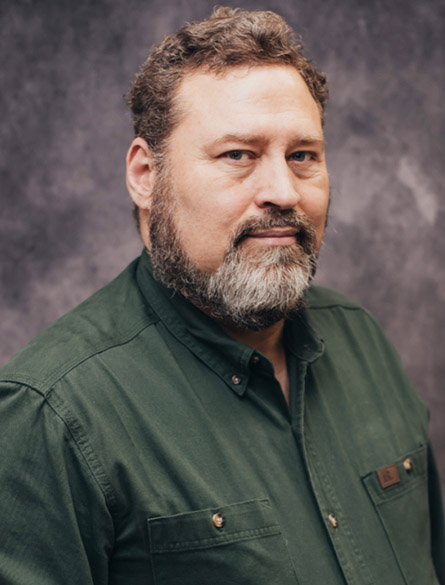

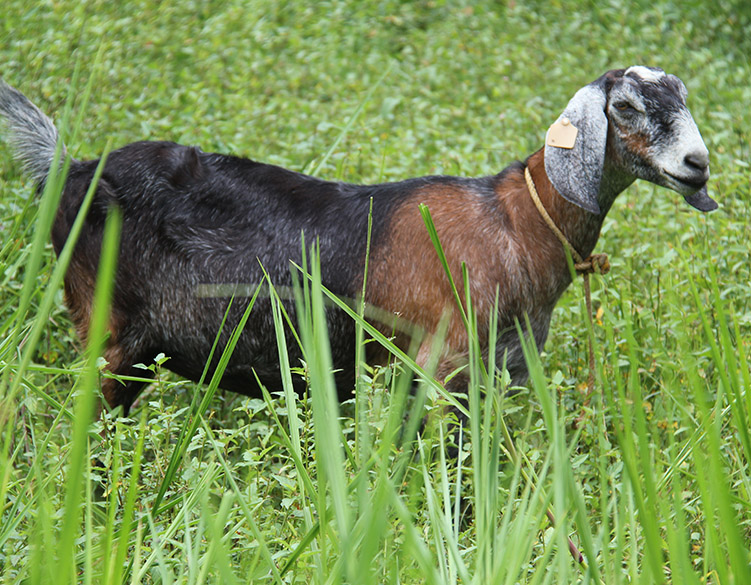
Balanced Nutrition, Thriving Crops
Calcium is a central and often overlooked crop nutrient. Using examples to illustrate how it works, soil consultant Jon Frank introduces Carey Reams’ Biological Theory of Ionization as a framework to provide full-spectrum plant and animal nutrition. These improvements have huge implications for food quality and farm profitability.
Part 1 Listen
High-Brix Forage for Quality Milk Production | Length: 8:25
Switching to high-brix, high-quality hay improved the health, milk quality and yield of dairy goats, highlighting the importance of soil fertility in animal nutrition.
Part 2 Listen
Calcium as a Key Crop Nutrient | Length: 11:38
Yes, people will go out of their way for better food.
Part 3 Listen
Balancing Soil Nutrients – Reams’ Theory Simplified | Length: 9:32
Proper balance of soil nutrients, particularly calcium and potassium, is essential for optimal plant growth and reproduction.
Part 4 Listen
Optimizing Plant Performance Through Mineral Management | Length: 6:07
Your plant leaves feed the soil microbes that feed the crop. Optimizing leaf mineral content is necessary for efficient energy conversion and superior crops. It’s up to you.
About Jon Frank
Jon Frank currently serves as regional sales manager and soil specialist for Integrated Soil and Plant Technologies, working with growers across the Dakotas, Minnesota, Iowa and parts of Wisconsin. Over the course of his career as a soil consultant, Jon has focused on specialty crops, market gardens, home gardens, and greenhouses, and has worked with growers of broad-acre crops like hay, corn, and soybeans as well. Jon is a lifelong student of the soil and began his career in agricultural consulting in 2005.



